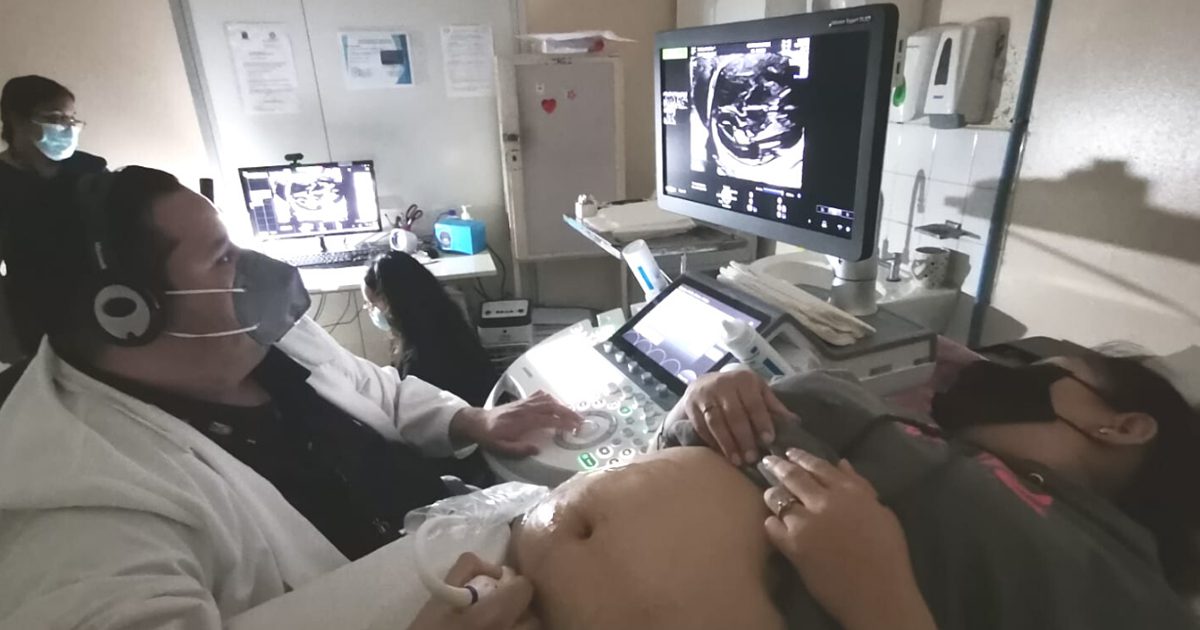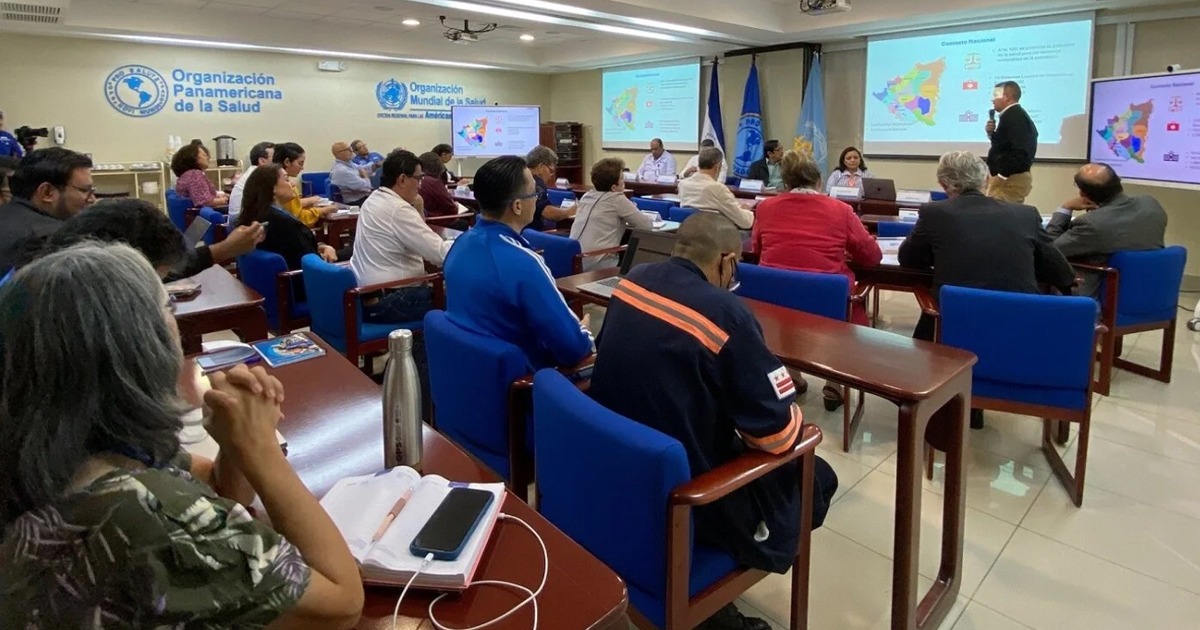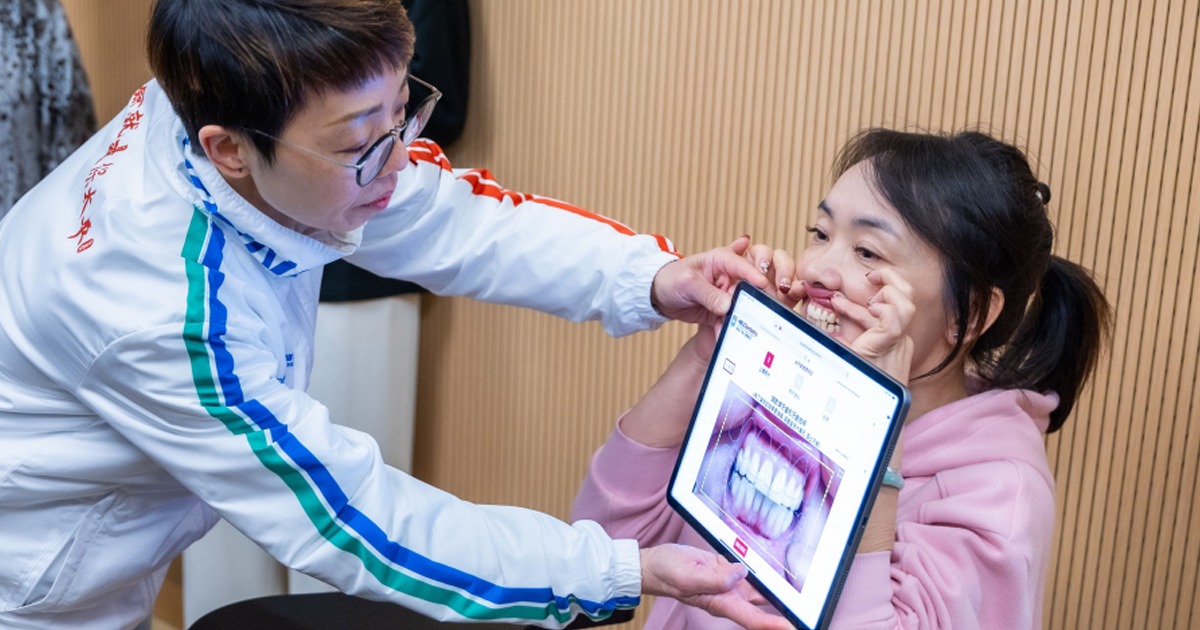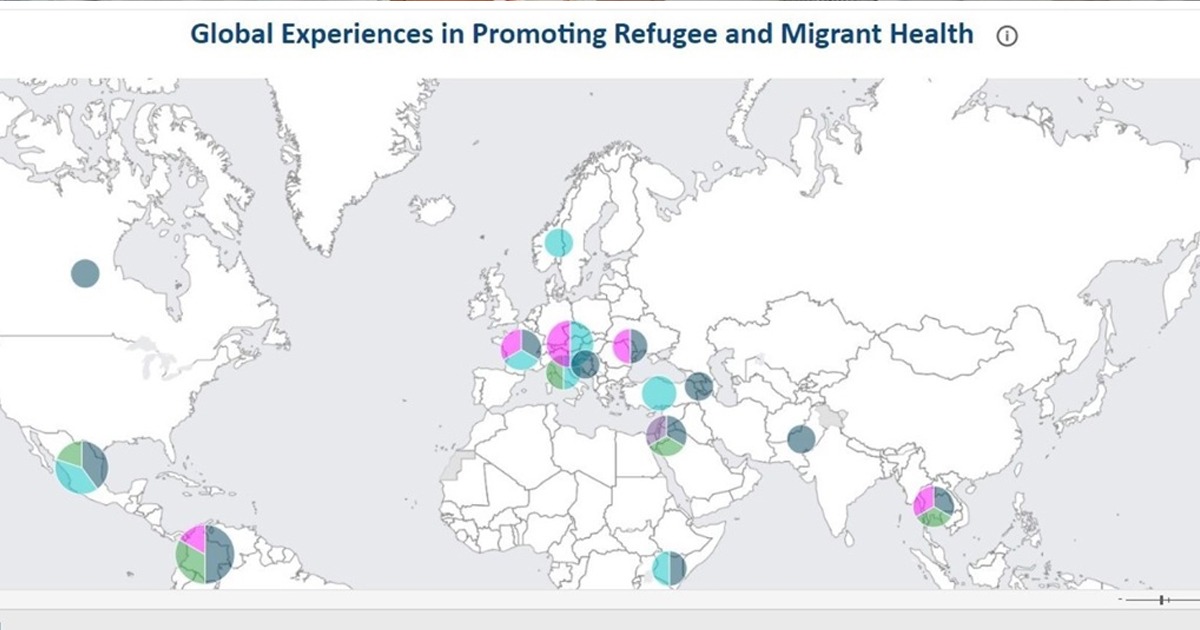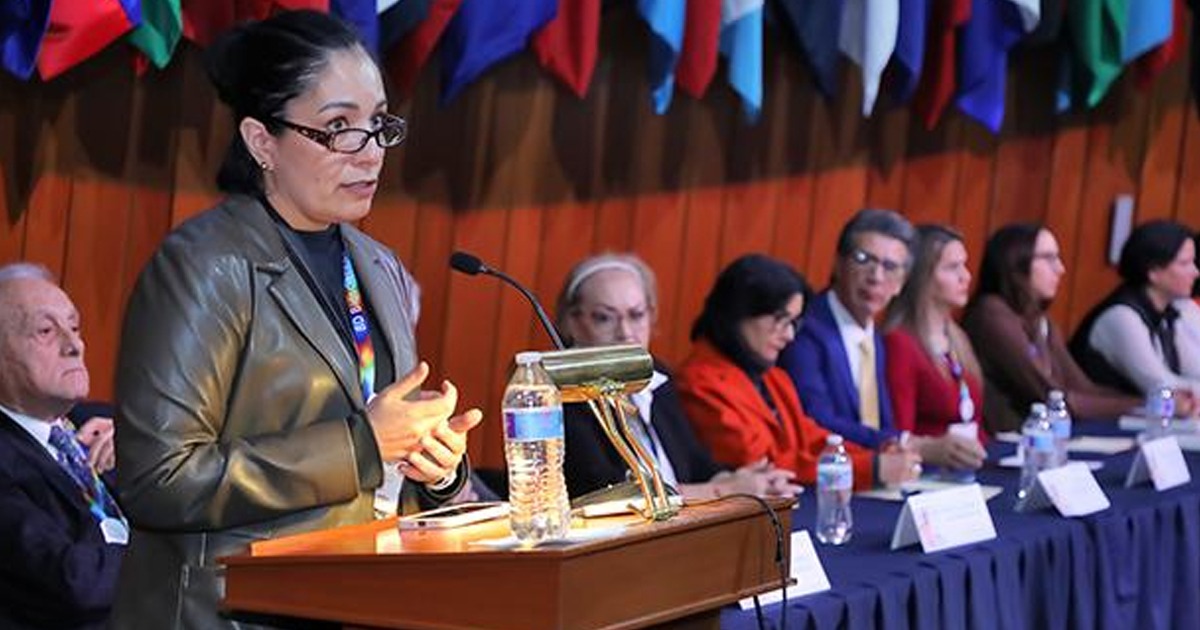The Dr. Ernesto Torres Galdames Hospital in Iquique, Chile, began the deployment of a telemedicine strategy to support the diagnosis of Major Congenital Anomalies (MCA).
The High Obstetric Risk Polyclinic of the Hospital Dr. Ernesto Torres Galdames began the implementation of the pilot strategy Pichipu (near or next in Mapudungun). The objective of this project is that the Public Health Network has at its disposal a synchronous telemedicine system, which allows support in ACM diagnostic tasks taking into account the knowledge of various specialists.
“It is a tremendous milestone to have contact with the experience of doctors who perform high-level prenatal diagnosis, and also to have recommendations at the time. Hopefully from now on we can handle it like this regularly because it will help us a lot to reduce response times and transfers of our patients, ”said Miguel Estévez, doctor of the Gynecology service and the High Obstetric Risk polyclinic of the Iquique Hospital.
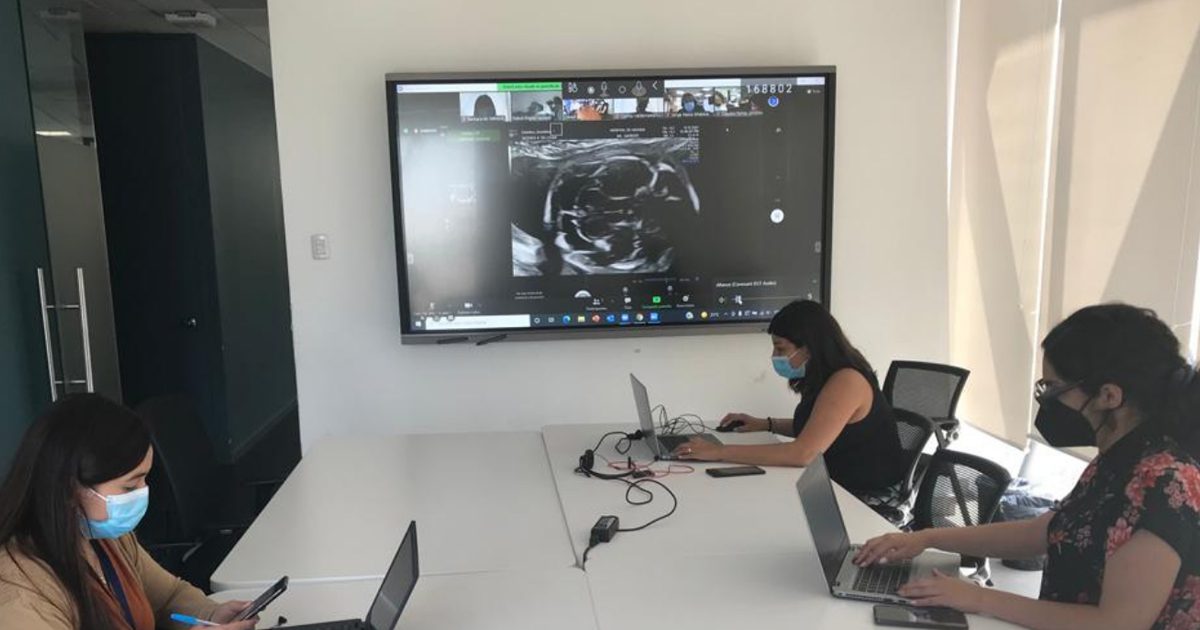
The first care was carried out in conjunction with a multidisciplinary team from institutions such as the Iquique Health Service, the Digital Hospital and the Sótero del Río Hospital. Remotely from Santiago, members of the ministerial technical table in ACM joined.
The patient, 20 years old and 24 weeks pregnant, Yeraldine Coimbra, underwent a telematic examination. "It's good that this can be done at the Iquique hospital, because there are many patients who don't have the resources to travel to another city to seek a better diagnosis, so doing it from here is a very important benefit," he explained.
On the other hand, the person in charge of the ACM Project of the Digital Hospital Unit of the Department of Digital Health, Bárbara Morales, explained that since October they had been looking to start this project, however, it was necessary to carry out various connection tests.
“The implementation of this strategy will be carried out in a cascade. We seek to provide and facilitate access to timely and quality specialized care services that contribute, as in this case in Iquique, to optimizing the maps of the health network for the resolution of the diagnosis of major congenital anomalies”, concluded Morales.
